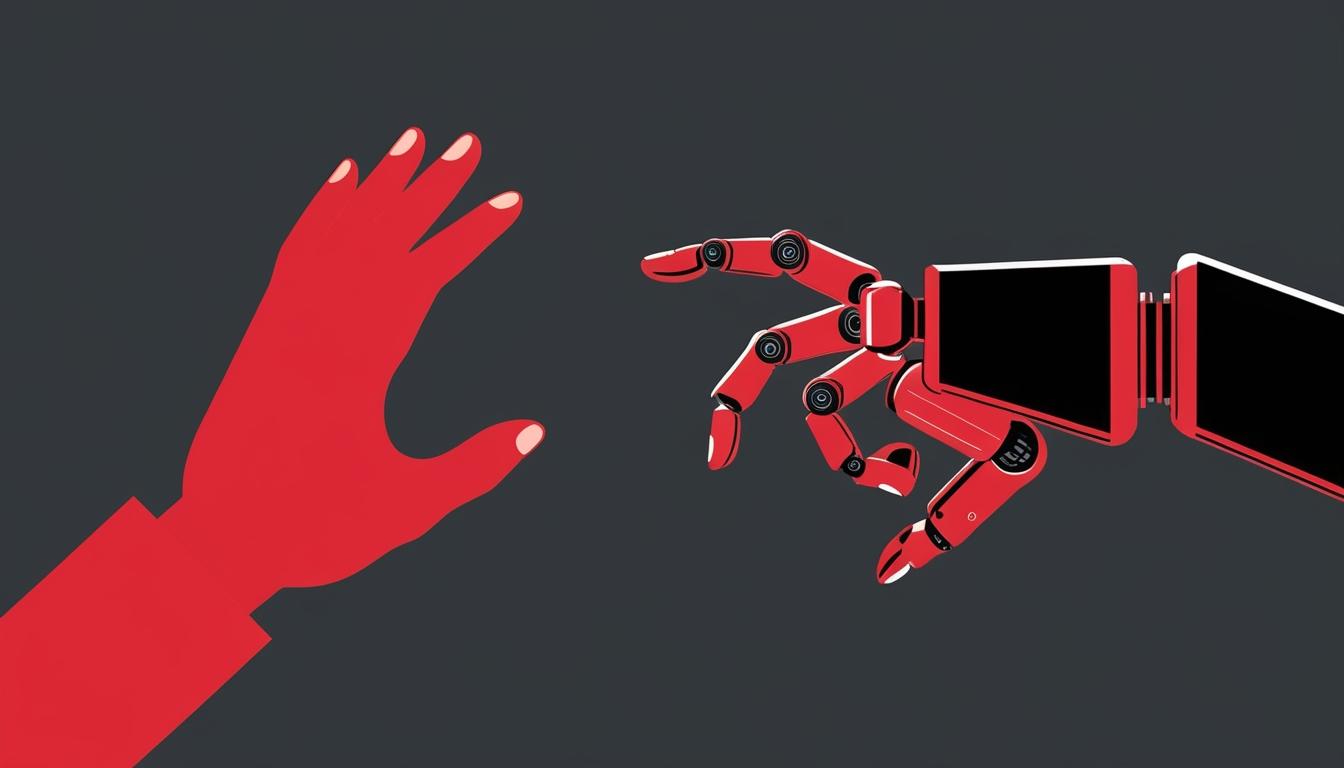The Dutch publishing house Veen Bosch & Keuning (VBK) has announced its intention to experiment with Artificial Intelligence (AI) for translating fiction, igniting a debate regarding the future of human translators and the translation process itself. This initiative, seen by some as potentially signalling the decline of human involvement in literary translation, also presents an opportunity to make literature more accessible to a broader audience.
Andy Miah, Chair in Science Communication & Future Media at the University of Salford, provides insight into the implications of using AI for this purpose. In his discussion, Miah highlights the complexities inherent in translating fiction, which often contains intricate language, emotional undertones, and cultural nuances. He points out that while the field of translation has often been the domain of skilled human translators, the introduction of AI could disrupt this traditional practice, raising the question of whether a machine can adequately capture the depth and subtleties of literary works.
Miah, speaking to The Conversation, elaborates on the unique challenges presented by language in literature, stating that "language – especially in literature – isn’t just about words," but also about the cultural and contextual dimensions that can sometimes elude even the most seasoned human translators. He acknowledges that while human translators can occasionally miss nuances and make errors, there exists a belief among scholars that reading literature in its original language is crucial to fully grasping an author's intent.
As the capabilities of AI in language processing continue to grow—exemplified by advancements such as the latest version of ChatGPT—there are signs that AI might replicate human-like functionality in a variety of settings, ranging from customer service applications to health diagnostics. The World Health Organization has even introduced an AI "health worker" using a conversational platform, indicating the increasing reliance on AI in critical areas.
While concerns arise regarding the potential economic impacts of AI on the translation industry, particularly the risk of diminishing demand for human translators, Miah suggests a different perspective. AI could be employed as a complementary tool rather than a replacement, potentially enhancing the work of human translators by increasing accuracy and efficiency. He envisions a collaborative future where AI and human translators work together, thereby expanding access to diverse literature and enriching the overall literary landscape.
AI translation also holds the potential to democratize access to literature for those who do not speak particular languages, addressing what some may regard as a social justice matter. The ability to translate a greater volume of literature could further expose audiences to diverse voices and ideas currently underrepresented in global literary discourse.
However, the integration of AI in translation does not come without its challenges. There exists a risk of losing the cultural insights and the richness of human storytelling if AI takes precedence over human translators. The question remains on how to balance the utility of AI with the artistry and emotional intelligence that human translators possess.
Miah cites an innovative example of AI aiding communication through real-time translation earbuds, developed by the tech company MyManu. These earbuds have been used in settings such as assisting asylum seekers in navigating language barriers upon their arrival in new countries, showcasing the practical application and potential of AI translation technologies.
In conclusion, the discourse surrounding AI in the realm of literary translation is evolving rapidly, with significant implications for the future of the industry and cultural exchange. While the initiatives by VBK may provoke concerns about job displacement among human translators, they also highlight the need for a deliberate and balanced approach that respects the irreplaceable value of human creativity while leveraging the technical advancements of AI.
Source: Noah Wire Services
